The role of the IMAS Board is to:
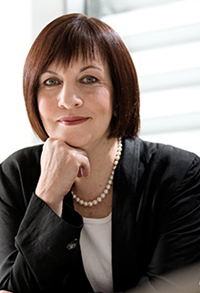
Professor Mary O'Kane is Executive Chair of Mary O'Kane & Associates Pty Ltd, a Sydney-based company specialising in major government and research reviews.
Professor O’Kane is also the New South Wales Chief Scientist & Engineer and a company director being Chair of the Development Gateway and the Development Gateway International, Chair of the Cooperative Research Centre for Spatial Information, and a director of PSMA Ltd, Business Events Sydney, National ICT Australia Ltd, and the Capital Markets Cooperative Research Centre. She is also a trustee of the New Zealand Antarctic Research Institute and a member of the DSTO Advisory Board.
Professor O’Kane was Vice-Chancellor of the University of Adelaide from 1996-2001. She was formerly Chair of the Australian Centre for Renewable Energy and is a former member of the Australian Research Council, the Co-operative Research Centres (CRC) Committee, the Tax Concession Committee, the board of the CSIRO, and the board of F.H. Faulding & Co Ltd. She is a Fellow of the Academy of Technological Sciences and Engineering and an honorary Fellow of Engineers Australia.
In 2016, Professor O’Kane was recognised as one of Australia’s leading scientific experts and consultants when she was made a companion of the Order of Australia for her eminent service to the field.
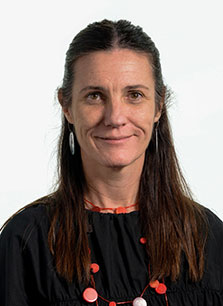
Professor Nicole Webster is the IMAS Executive Director.
As a marine microbial ecologist, she has moved from the tropics to the poles, studying how microorganisms contribute to the health of the Great Barrier Reef, and the utility of microbes as biomarkers for environmental stress in the Ross Sea of Antarctica.
Over the last two decades, she has worked as Principal Research Scientist at the Australian Institute of Marine Science, and Deputy Director of the Australian Centre for Ecogenomics at The University of Queensland.
In 2021 Nicole was selected to become the Chief Scientist at the Australian Antarctic Division where she is looking forward to developing the innovative and collaborative pathways needed to improve understanding, management and conservation of this wild and fragile ecosystem.
Nicole commenced as the IMAS Executive Director in January 2024
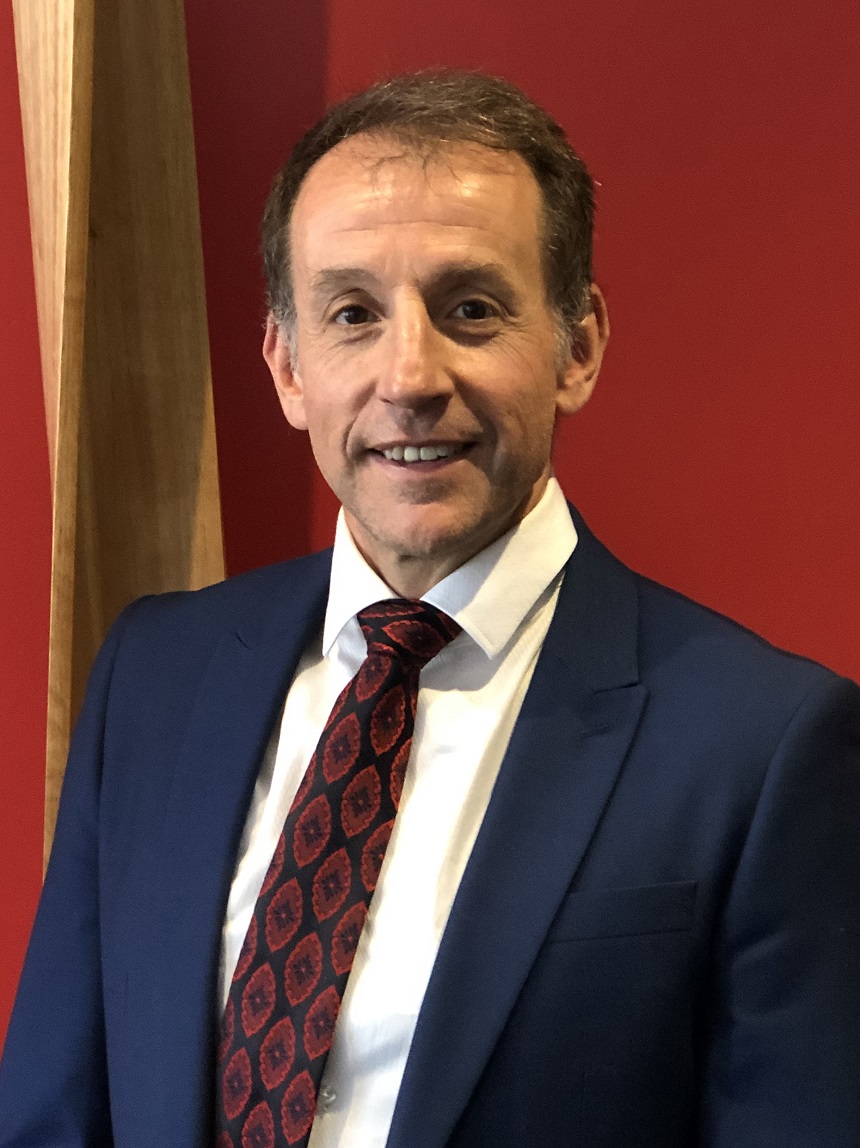
Professor Anthony Koutoulis is Deputy Vice-Chancellor (Research) and Professor of Plant Science at the University of Tasmania. For the last 15 years, Professor Koutoulis has served in a leadership role at the University of Tasmania, either as a Head of School or Associate Dean Research and served on the University’s Council, Academic Senate and numerous university committees. In recent times, he has provided academic leadership to the University’s Transformation Program currently underway in northern Tasmania and in the preparation of the University’s application for an Athena SWAN Bronze Award.
Professor Koutoulis completed his BSc(Hons) and PhD at the School of Botany, University of Melbourne. He undertook post-doctoral research at the University of Adelaide and Worcester Foundation for Biomedical Research in Massachusetts, USA before joining the University of Tasmanian in 1996.
With an international reputation in hop (Humulus lupulus L.) research, Professor Koutoulis’ work spans cell and molecular biology, plant breeding, genetics, analytical chemistry and biotechnology. By working collaboratively with industry and government agencies for over 20 years, he aims to make a positive contribution to the bio-based economy and regional communities in the global context. He has attracted over $11 million in research funding and continues to undertake research.
A firm believer in the role universities play in both developing individuals and transforming societies, Professor Koutoulis has maintained a strong teaching practice for the last 23 years. He has developed courses and undertaken major curriculum reviews in the Biological Sciences and his teaching has been recognised at both a local and national level. He is especially passionate about training the next generation of scientists.
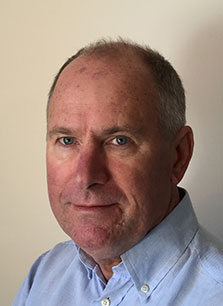
Mark is a former Australian Public Service Deputy Secretary. He worked in the portfolios of Agriculture, the Environment, Communication and the Arts, and Prime Minister and Cabinet.
Mark has been involved in most of Australia's natural resource management priorities over the last 30 years providing policy advice to governments and implementing significant funding programs and legislation.
He has a Bachelor of Science degree with honours and early in his career conducted research in Antarctic coastal marine ecosystems.
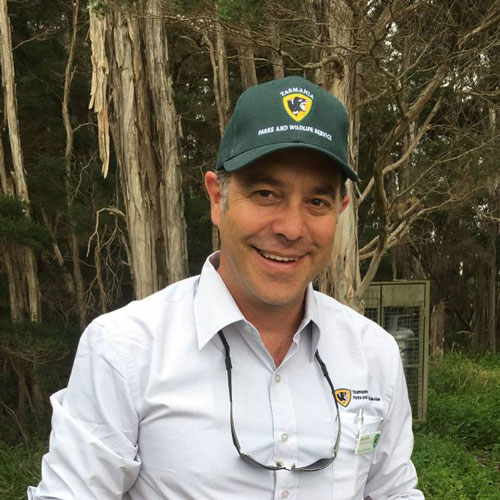
Jason Jacobi is the Secretary of the Department of Natural Resources and Environment Tasmania (NRE Tas).
With over 25 years of senior executive experience in the public and private sectors across Tasmania and Queensland, Mr Jacobi has been consistently recognised for his leadership, strategic vision and operational expertise in the natural resource management arena. Mr Jacobi is passionate about working with people and cultivating high performing teams with purpose. Mr Jacobi has a proven track record of productive industry and government relationships at the highest levels.
He is a creative collaborator and thrives on delivering outcomes that are transformative and innovative, making a positive impact for both people and place.
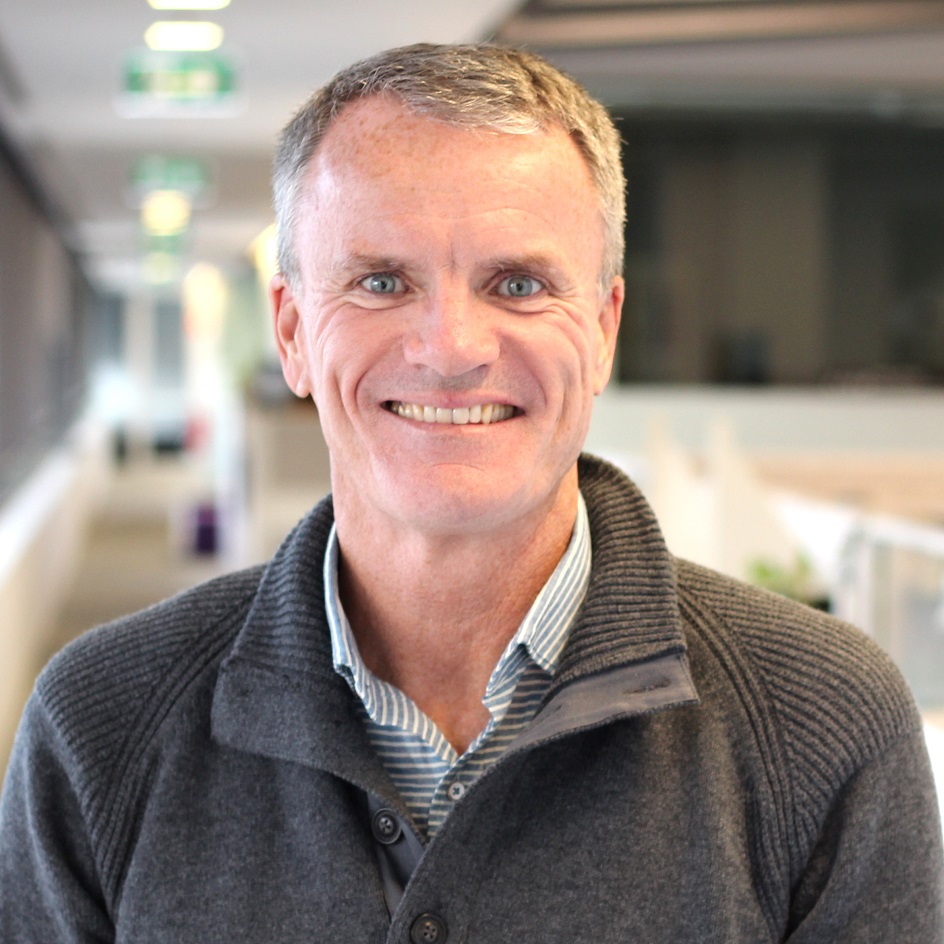
Terry Bailey is the Executive Dean for the College of Sciences and Engineering (CoSE).
Mr Bailey led the Australian Government’s response to the review of the Environment Protection and Biodiversity Conservation Act 1999 and the development of the Australian Government’s Biodiversity Policy Framework.
Mr Bailey was central to the preparation of world heritage nominations for the Australian Government, including for the Ningaloo Coast, the Australian Convict Sites and the Sydney Opera House nominations. He also provided advice on world heritage properties to all Australian sites, including Macquarie Island and the Great Barrier Reef.
Mr Bailey holds qualifications from Deakin and Monash Universities and has extensive leadership and management experience, gained from 30 years in the public sector.